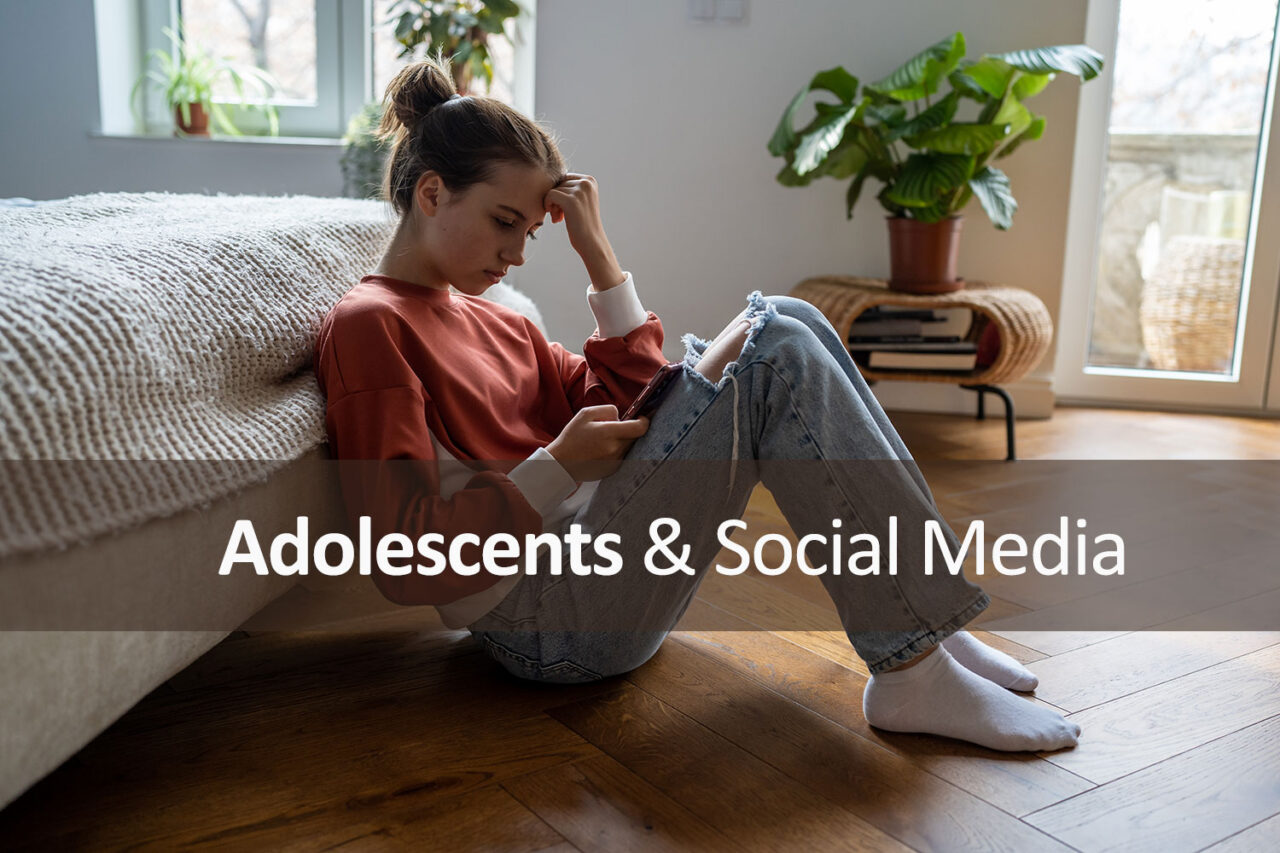Social media use among adolescents

Social media use among adolescents has become increasingly prevalent and influential in recent years. Adolescence is a period of significant physical, cognitive, and socio-emotional development, and social media can both positively and negatively impact various aspects of their lives.
Communication and Social Connection: Social media platforms offer adolescents new avenues to connect and communicate with their peers, friends, and even people from diverse backgrounds. It allows them to maintain relationships, share experiences, and express themselves creatively. Social media can help reduce feelings of loneliness and provide a sense of belonging.
Information and Awareness: Adolescents can access a wealth of information through social media, facilitating learning, and awareness on various topics of interest. It can help them stay informed about current events, engage in educational discussions, and explore their passions.
Self-Expression and Identity Formation: Social media provides adolescents with opportunities to express their thoughts, feelings, and identity. They can showcase their talents, share their opinions, and explore different aspects of their personality. However, it’s important to note that social media can also influence self-esteem and body image, potentially leading to comparison and negative self-perception.
Cyberbullying and Online Harassment: Adolescents are vulnerable to cyberbullying and online harassment on social media platforms. Negative interactions, such as spreading rumors, sharing hurtful comments, or posting inappropriate content, can significantly impact their mental health and well-being. Parents, educators, and platforms should work together to address and prevent cyberbullying.
Mental Health Impact: Excessive social media use has been associated with mental health concerns in some adolescents. It can contribute to feelings of anxiety, depression, loneliness, and poor sleep quality. Setting healthy boundaries and promoting a balanced lifestyle, including offline activities and face-to-face interactions, are crucial.
Privacy and Online Safety: Adolescents need guidance in understanding the importance of privacy and online safety. They should be encouraged to set appropriate privacy settings, avoid sharing personal information with strangers, and report any suspicious or abusive behavior. Parents and caregivers play a vital role in educating adolescents about online safety measures.
Time Management and Distraction: Spending excessive time on social media can lead to distraction from academic responsibilities, hobbies, and other essential activities. It’s important for adolescents to develop healthy habits and time management skills, ensuring they prioritize their responsibilities and maintain a balanced lifestyle.
To navigate the potential challenges associated with social media use, open communication between adolescents, parents, educators, and mental health professionals is crucial. Providing guidance, establishing boundaries, and fostering digital literacy can help adolescents maximize the benefits of social media while mitigating the potential risks.
New Appointments: 718 313 HELP (718 313 4357) or bcsnygroup.com/appointments

